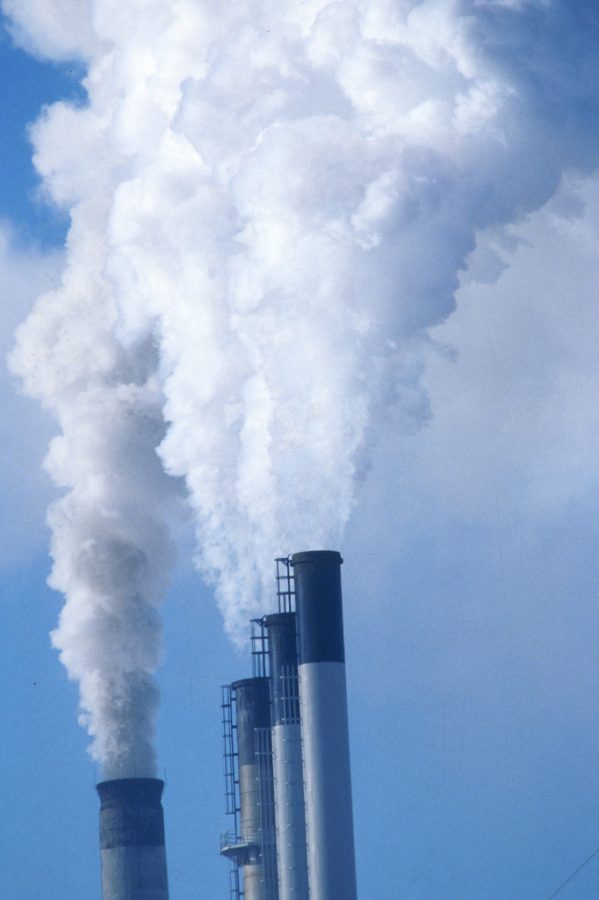In government, we rarely notice what’s going well. While corruption and inefficiency take the center stage in political discussions, tangible benefits of government programs are often harder to see. As the new administration promises to massively scale back bureaucracy with less discussion of what will remain in place, it has now become increasingly important to remind ourselves of what these agencies are doing in the first place. Before we consider drastically reducing the role of the EPA, we should first consider the history of the agency and get a sense for why environmental protection is needed in the first place.
Now that technology is coming to influence more and more of our daily lives, it can be difficult to appreciate the impact of the natural world. Those living in cities might especially fail to see what exactly the EPA is protecting. If you see little else besides a few trees on your commute to work, where can you directly see the nature? As a result, we constantly take the environment for granted.
This was the problem that the environmentalist movement sought to address, showing us how dependent we are on the ecosystem around us. From Rachel Carson’s Silent Spring, which emphasized the way pesticides can hurt us all, to the alarming occurrence of smog in urban cities, activists sought to show us that we can’t sweep it under the rug anymore. Even things we deal with every day, such as the price of our food and the cleanliness of our water, depend on a careful concern for the environment. We are all, whether we want to be or not, profoundly affected by environmental crises.
It then became apparent that being a good environmental steward was not just something for the activists, but a fundamentally important part of living. Just as one strives to be a good neighbor within a community, people increasingly sought to be responsible members of a wider natural setting. It didn’t require a deep connection with nature or a radical diet change. All it required was a deeper understanding of the impacts our actions have on the world around us.
To be aware of this makes it even more important to not overlook the EPA’s missions. A look at the agency’s history clearly shows some of the measures it has taken that have now become standard ways we ensure a clean environment. Starting off by enforcing the Clean Air Act, which attempted to reduce the amount of harmful chemicals released in our air, it moved on to address other important health concerns. It was above all responsible for increasing our awareness of issues and mobilizing action to address them. It led the charge in cataloging the dangers of second-hand smoking, leaded gasoline and chemical pesticides. Sometimes it even enabled our government to limit or ban such activities when they were shown to have significant negative effects.
Today’s EPA takes on far more jobs than what is usually attributed to it. Tasked with research and education as much as regulation, it is a leader in studying environmental problems so we can learn how to solve them. It also takes on much of the “dirty work,” by helping cleanup efforts in the wake of environmental disasters like oil spills. Though it is widely associated with restrictive regulations, it also works with many local agencies to share the burden in enforcing these laws. In short, it often gets unfairly portrayed as inefficient in light of all that it does.
In the end, we have to consider costs of environmental protection in a wider perspective. Rather than seeing environmental concerns as in conflict with growth and development, it is clear you can’t have one without the other. Innovating and making new technology requires a vigilance about possible impacts to ensure that we can maintain our natural environment. Absent the EPA’s continuation to enforce the laws that clean our air and water, we may discover yet again the fragility of the world we live in.
As always there is lots of room for improvement in how the EPA does business and a number of reforms could help it carry out its mission more efficiently or cheaply. The danger comes when you start questioning its mission entirely or forgetting what it has accomplished. Most of all, it comes from forgetting our place as part of a natural community, where the damage we do can cause harm for generations or perhaps permanently.


